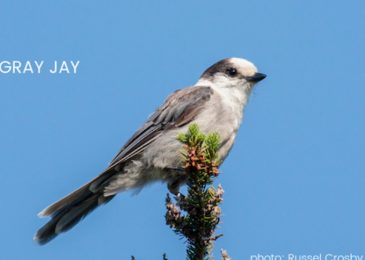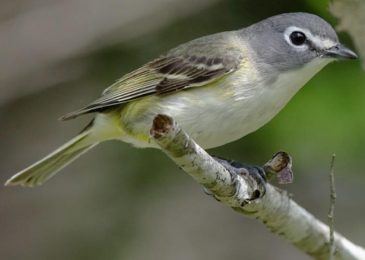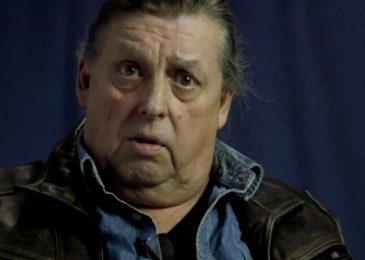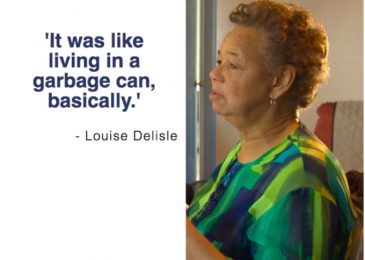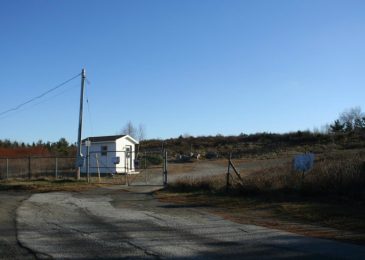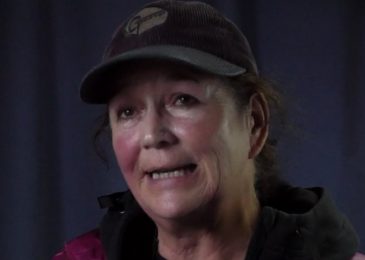Gretchen Fitzgerald: Cut, cut, cut – On clearcutting and the Migratory Birds Convention Act
“Cut … cut … cut,” Carmen Williams says quietly as we drive slowly along a side road in Nova Scotia, indicating the area of almost 400 acres of public land outside of Lockeport, Nova Scotia currently slated for clearcut. Sierra Club Gretchen Fizgerald reflects on a recent birding trip in Southwestern Nova Scotia and the effects of clearcutting on tiny migratory birds and their fledglings.

